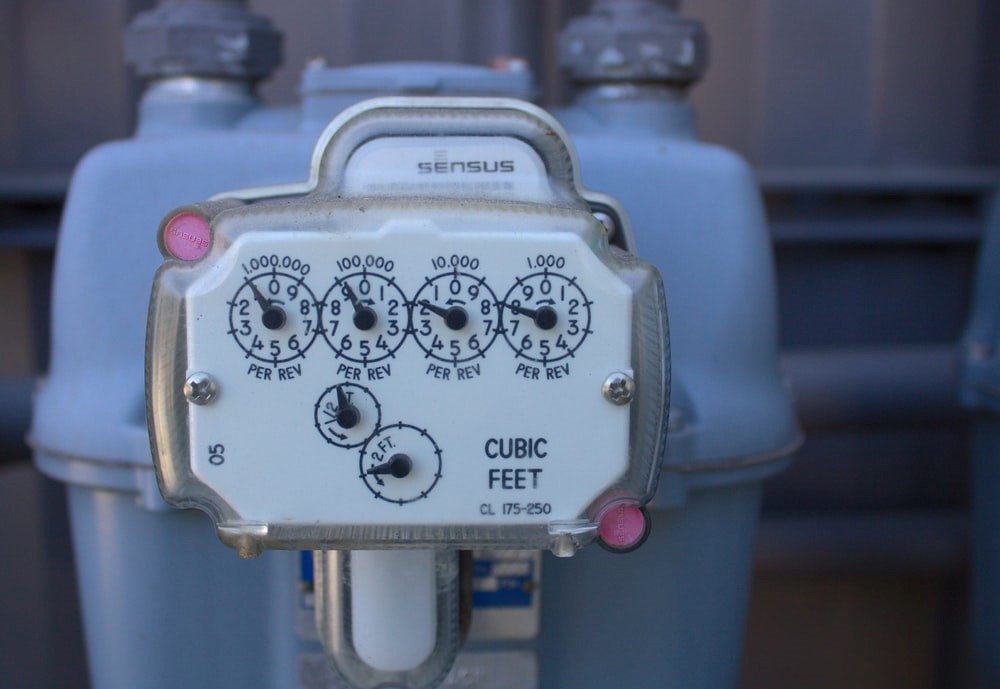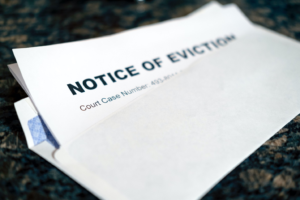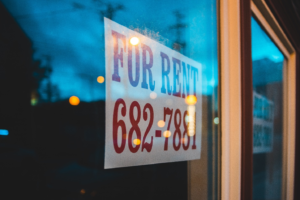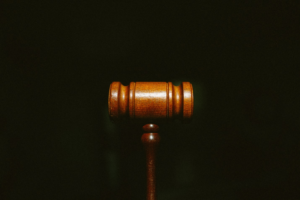Landlords have a host of legal obligations to ensure the safety and security of their tenants. Ensuring the gas safety check is conducted annually and a valid certificate issued is one of the most important duties. Without it, a landlord could not only be putting their tenant at risk but they could be exposing themselves to a sizeable fine and, in some circumstances, even imprisonment.
In addition to the fact that it’s unlawful for a landlord to rent out a property without providing a tenant with a copy of the current gas safety certificate, they’re also limiting their ability to enforce a section 21 notice by way of the county court should they wish to do so later into the tenancy.
The rules and regulations around gas safety certification can be daunting for many people looking to rent out their property. Don’t worry; experts at Landlord Assist can help you understand a landlord’s responsibilities regarding gas safety certificates. But first, what’s a landlord gas safety certificate?
Landlord Gas Safety Certificate 101
What Is It?
A gas safety certificate is a report that the landlord receives once a registered engineer from Gas Safe has inspected all the gas flues and appliances in a property. It’s documented proof that provides a comprehensive picture of how safe the gas appliances, flues, and relevant fittings are, along with any remedial action needed to make the property safer. The certificate was formerly known as Corgi Proforma 12 or a CP12 when Corgi was the registration body for all gas engineers. However, it was updated in 2009 when Corgi was replaced by Gas Safe Register.
What Does the Inspection Include?
The gas safety inspection will include all gas appliances and systems, including the gas boiler, gas supply, and gas fires. A certified engineer will check everything against safety regulations to ensure tightness and sufficient ventilation. They will also check the gas pressures and burners against the manufacturers’ data along with the flue flow to make sure any combustible products get removed. They will then monitor working and standing gas pressure to check whether the safety devices are working properly and there’s no misuse of any gas appliances.
What’s the Landlord Responsible For?
According to the Installation and Use of Gas Safety Regulations 1998, a landlord must ensure all gas fittings, appliances, flues, and chimneys are safe and working efficiently. They have three primary responsibilities in this area.
#1- Gas Safety Check
This includes organising an annual safety check by a Gas Safe registered engineer who will provide a gas safety certificate after inspecting all gas flues and appliances. These certificates last for 12 months, which means landlords can arrange the checks at any time from ten to twelve months after the last check; it wouldn’t affect the original expiry date.
#2- Gas Safety Record
This includes provision of the gas safety certificate or record to the tenant with a month of the check or them moving into the property if it’s a new tenant.
#3- Gas Safety Maintenance
This includes organising the compulsory maintenance needed to ensure all the gas chimneys, pipes, flues, and appliances are safe. Landlords are to check the manufacturer’s guidelines to find out how often they recommend the servicing of gas appliances’ but if it’s still not clear, it’s recommended that you either organise the maintenance once a year or get advice from the Gas Safe-registered engineer.
How Long Should the Gas Safety Certificate Be Kept Once It Has Expired?
Experts recommend hanging on to all the old gas safety certificates for at least two years after expiration to prove their clean history of proper maintenance and compliance although Landlord Assist recommend that the full history of gas safety certificates are retained as they may be sought in evidence should the need arise to enforce a section 21 notice. The reason being, that a claim for possession in breach of section 21 is predicated on evidence demonstrating that valid gas safety certificates were served on the tenant for the full duration of the tenancy.
Have the Rules Regarding Gas Safety Changed During The COVID-19 Pandemic?
The COVID-19 pandemic has made it difficult for landlords to comply with various legislation as timely as they would like – due to a lack of engineers as well as tenants self-isolating at home. The team at Landlord Assist recommend all landlords continue their responsibilities around providing a safe home for their tenants and keep a record of all the efforts carried out for repairs and maintenance, including the annual gas safety checks. You can use a two-month window to carry out the checks without it affecting the expiry date. By carrying it out sooner rather than later, you can avoid missing the deadline, even if the tenant or you need to self-isolate.
If you failed to provide the Gas Safety certificate and are facing difficulties securing possession of a rented property or just want to learn more about your responsibilities towards a tenant as a landlord, you can get in touch with the experts at Landlord Assist.
Their residential eviction specialists are well-versed in effective ways to manage a tenancy, limit and resolve disputes, with a view towards promoting the longevity of a tenancy relationship and maximising the return from rental property investment. Should the relationship between landlord and tenant become fractured for whatever reason then they can guide you through the process by which your tenant is legally evicted from your property, especially if the tenant has breached the terms of the tenancy. In the first instance, they will evaluate your circumstances and paperwork, and where applicable, offer practical advice which may ultimately extend to serving a section 8 notice or a section 21 notice, when the less formal avenues fail to yield the desired outcome.
In addition, Landlord Assist offer a variety of landlord legal services, including rent arrears recovery, deposit registration and much more, to help your secure peace of mind throughout the lifecycle of your tenancy relationships.
You can connect with Landlord Assist on 01843 223223 / 08707 662288 or email enquiries@landlordassist.co.uk to learn more.








